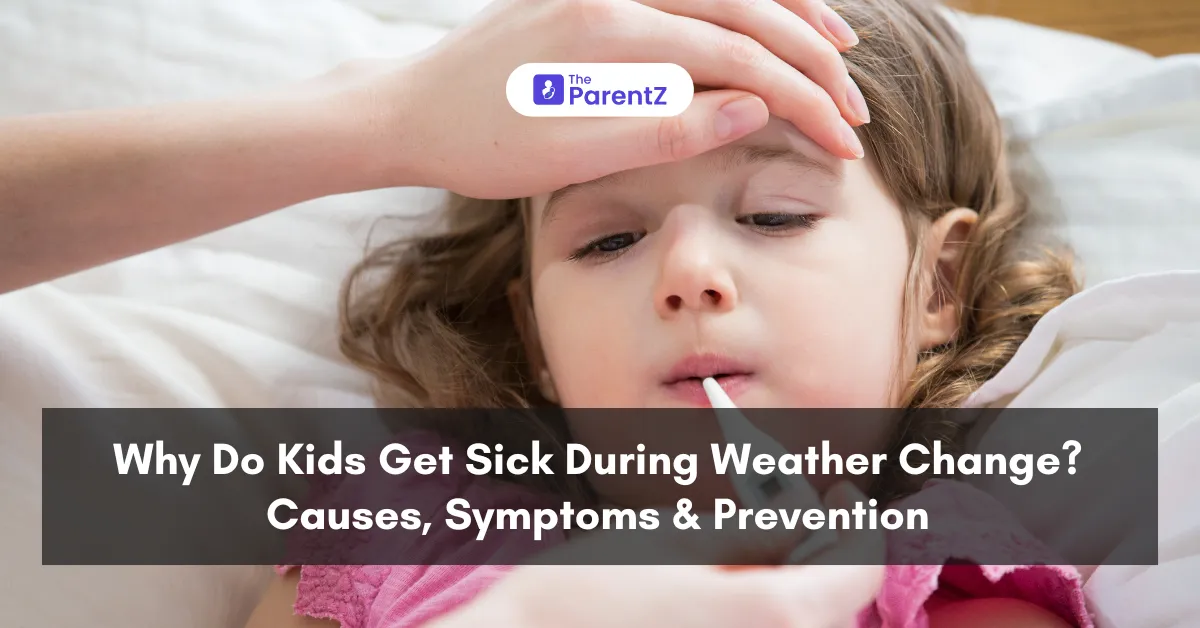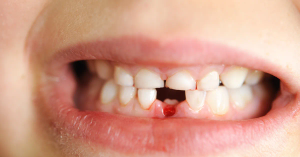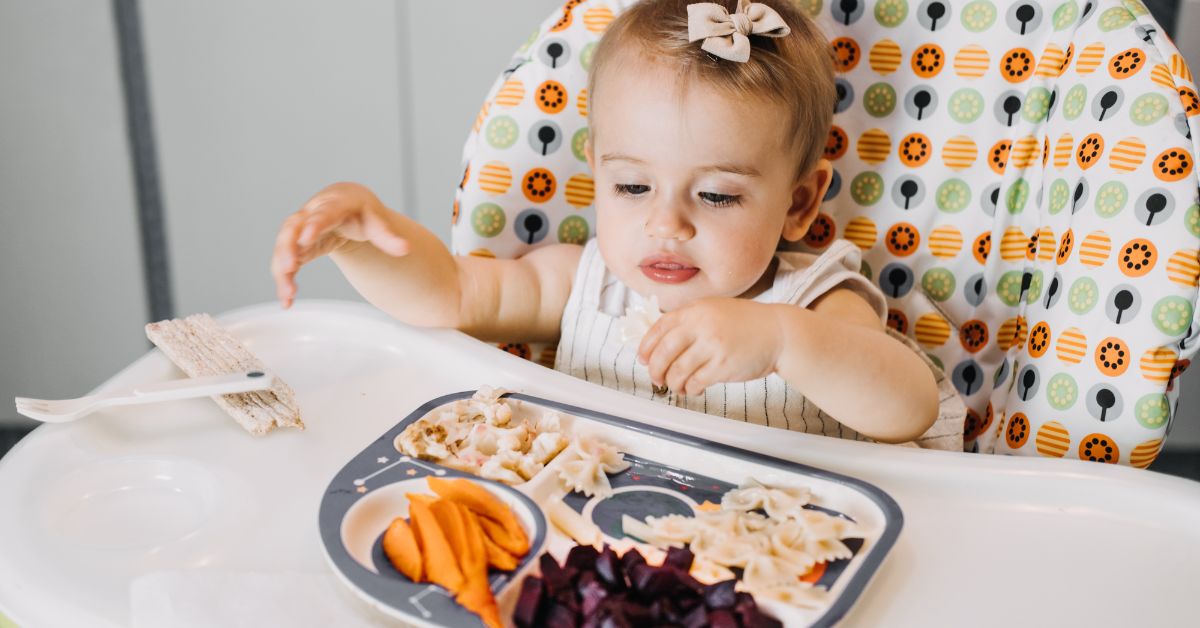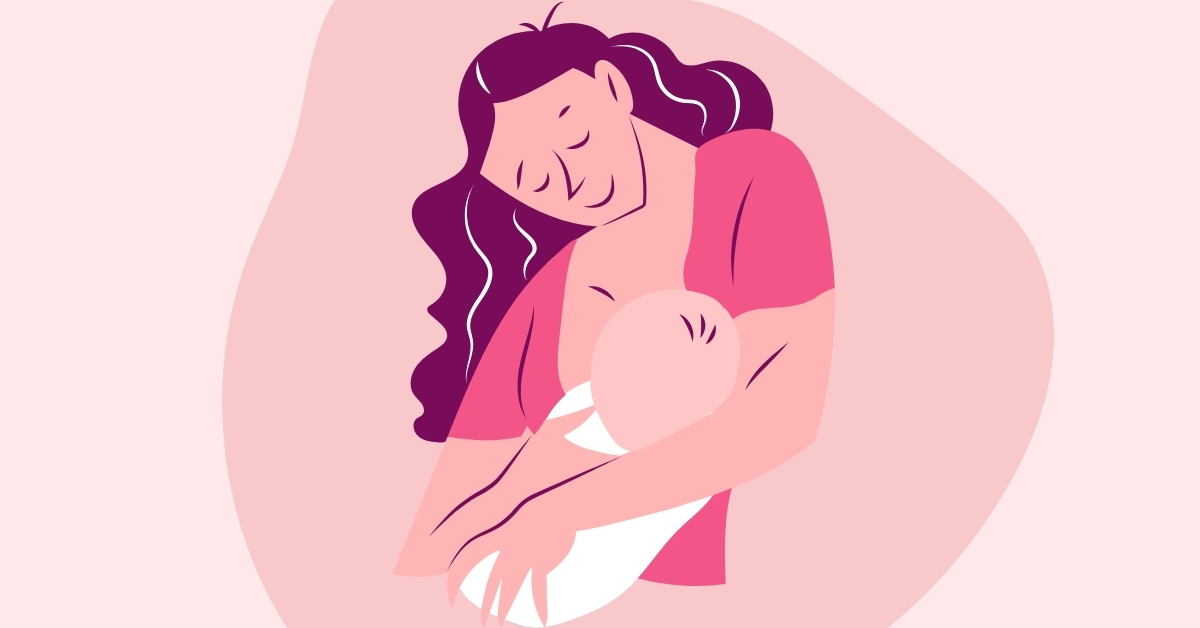Why Are Kids More Prone to Getting Sick During Weather Changes?
Seasonal changes often bring a wave of illnesses, especially among children. Parents frequently notice that their kids catch colds, coughs, and fevers when the seasons transition. But why does this happen?
Children have developing immune systems, making them more vulnerable to infections. Sudden shifts in temperature, humidity, and air quality can put stress on their bodies, making them more susceptible to viruses, bacteria, and allergies.
Which Weather Changes Are Most Likely to Make Kids Sick?
Some weather transitions are more challenging for children’s health than others. The most common weather changes that lead to illness include:
• Winter Onset (Fall to Winter): Cold air dries out nasal passages, making it easier for viruses like the flu and common cold to thrive.
• Spring Arrival (Winter to Spring): Increased pollen levels trigger allergies, and fluctuating temperatures can confuse the body’s ability to regulate heat.
• Monsoon Season: Humid conditions encourage the growth of bacteria and fungi, leading to stomach infections and respiratory illnesses.
• Summer Heatwaves: Dehydration, heat rashes, and foodborne illnesses are common as children sweat more and consume improperly stored food.
Common Symptoms of Weather-Related Illness in Kids
Parents should be vigilant for the following signs that indicate their child is falling sick due to weather changes:
• Cold & Flu Symptoms: Runny nose, sneezing, sore throat, fever, and fatigue.
• Allergies: Watery eyes, congestion, sneezing, and skin rashes.
• Respiratory Infections: Cough, difficulty breathing, wheezing (common in children with asthma).
• Gastrointestinal Issues: Nausea, vomiting, diarrhea, and stomach pain (often due to food or water contamination).
• Skin Problems: Rashes, dryness, and irritation caused by excessive sweating or fungal infections.
How to Prevent Kids from Falling Sick During Weather Changes?
While you can’t stop the seasons from changing, you can certainly take proactive steps to protect your child’s health:
1. Strengthen Their Immunity
• Provide a balanced diet rich in fruits, vegetables, and proteins.
• Ensure they get enough vitamin C and zinc to boost their immune response.
• Encourage daily physical activity to keep their bodies strong.
2. Maintain Hygiene and Cleanliness
• Teach kids to wash their hands frequently, especially before eating.
• Regularly clean and disinfect toys, school supplies, and frequently touched surfaces.
• Change clothes and shower after outdoor play to remove allergens and germs.
3. Dress According to the Weather
• In cold weather, layer clothing to keep them warm.
• In hot weather, opt for light, breathable fabrics to prevent overheating.
• Ensure rain gear is used during the monsoon to avoid getting wet and catching a cold.
4. Maintain a Healthy Indoor Environment
• Use humidifiers in dry weather to prevent throat and nasal irritation.
• Keep windows open for ventilation but avoid direct exposure to chilly drafts.
• Remove dust, mold, and pet dander to minimize allergic reactions.
5. Keep Them Hydrated
• Ensure they drink plenty of water, even if they don’t feel thirsty.
• Offer warm soups in winter and cooling fruit juices in summer.
• Avoid excessive cold drinks that might irritate the throat.
6. Get Timely Vaccinations
• Ensure your child receives flu shots and other necessary vaccines.
• Consult a pediatrician about additional vaccinations for changing seasons.
Age-Specific Guidelines to Keep Kids Healthy During Weather Changes
Every age group has different health vulnerabilities, so it’s essential to take age-appropriate measures to keep children safe.
Newborns (0-6 Months)
• Keep them warm in winter and well-hydrated in summer.
• Avoid crowded places to reduce exposure to infections.
• Stick to breastfeeding if possible, as it strengthens immunity.
Infants (6-12 Months)
• Start introducing immunity-boosting foods like mashed fruits and vegetables.
• Ensure they are dressed appropriately for temperature changes.
• Maintain a clean sleeping environment to avoid respiratory infections.
Toddlers (1-3 Years)
• Teach basic hygiene habits like handwashing.
• Encourage indoor play on extremely cold or hot days.
• Offer plenty of fluids and nutritious meals to support growth and immunity.
Preschoolers (3-5 Years)
• Educate them about covering their mouths when coughing or sneezing.
• Monitor seasonal allergies and consult a doctor for management.
• Keep them active but ensure they rest when sick.
School-Age Children (5+ Years)
• Teach them the importance of hygiene at school.
• Ensure they wear weather-appropriate clothing.
• Encourage outdoor activities but be mindful of pollution levels.
When to See a Doctor?
While most weather-related illnesses are mild, some require medical attention. Consult a doctor if your child experiences:
• High fever (above 102°F) that lasts more than two days.
• Difficulty breathing, wheezing, or persistent cough.
• Severe dehydration (no urination for several hours, dry lips, sunken eyes).
• Rashes that spread or cause itching.
• Unusual drowsiness or irritability.
Final Note to Parents
Seasonal changes are inevitable, but falling sick doesn’t have to be. By taking preventive measures and understanding the vulnerabilities of different age groups, you can keep your child safe and healthy. Remember, a well-nourished body, good hygiene practices, and timely medical care can go a long way in protecting your little one. If your child does fall sick, ensure they get enough rest, fluids, and love to recover swiftly. Stay prepared, and let the seasons bring joy, not illness!









